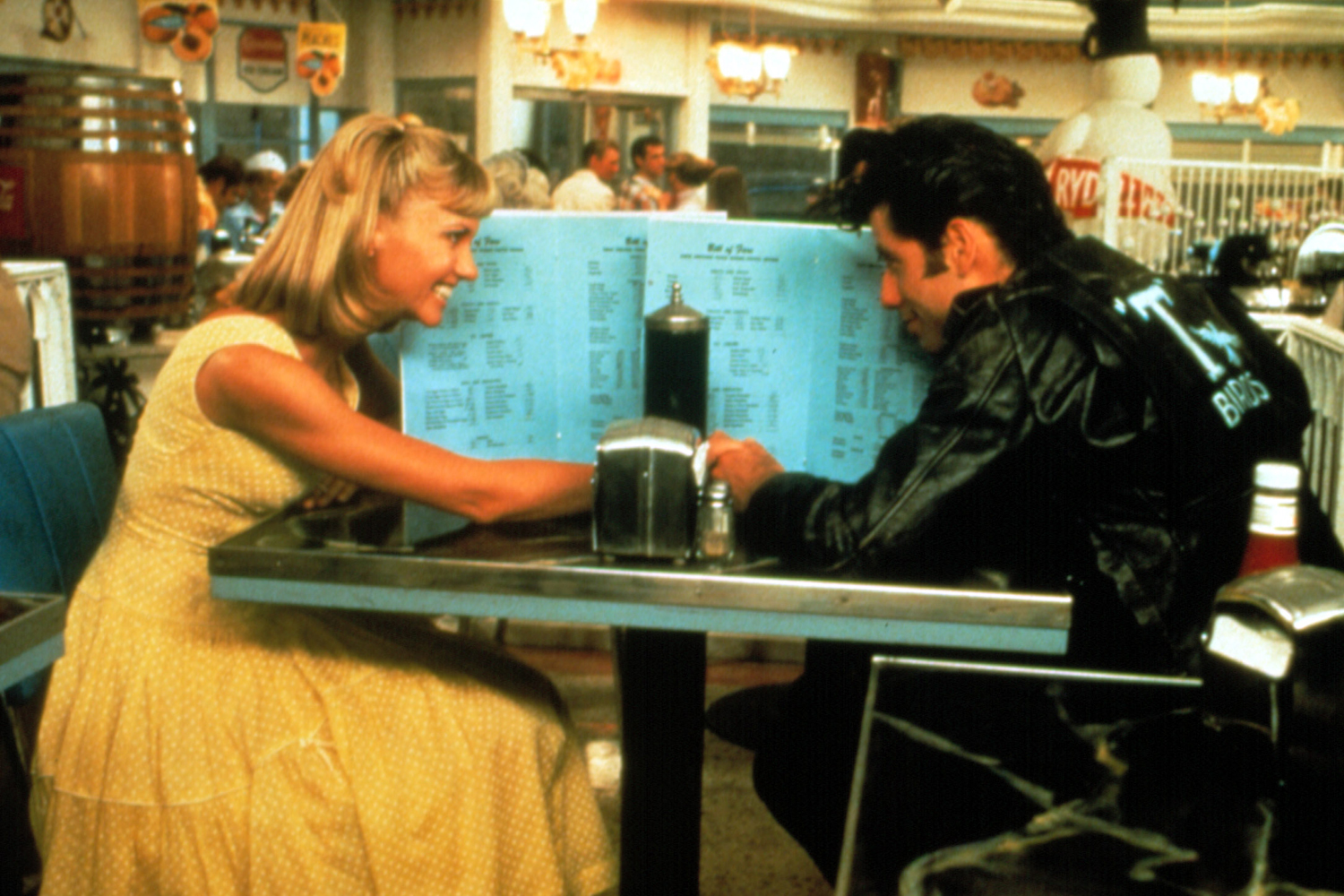Myth Busted: Opposites Don’t Attract
What counts is what you have in common

Celebrity news, beauty, fashion advice, and fascinating features, delivered straight to your inbox!
You are now subscribed
Your newsletter sign-up was successful
What counts is what you have in common
People are like magnets – opposites attract. Right?
Wrong, according to a new study on how we seek commonality in relationships, co-authored by researchers at Wellesley College and the University of Kansas.
The plot of Grease has taught us some very misleading lessons in love.
The study finds that our desire to surround ourselves with people who are similar to us is hard-wired.
"Picture two strangers striking up a conversation on a plane, or a couple on a blind date," says Professor of Psychology Angela Bahns (one of the paper’s lead authors). "From the very first moments of awkward banter, how similar the two people are is immediately and powerfully playing a role in future interactions. Will they connect? Or walk away? Those early recognitions of similarity are really consequential in that decision."
The study pinpoints the importance of the earliest moments in a relationship – when we suss out how much we have in common with a person. Researchers found that future friends or partners are already similar at the outset. We are compelled to select people to be around based on shared ideas, beliefs and value systems.
Celebrity news, beauty, fashion advice, and fascinating features, delivered straight to your inbox!
It makes sense. We want to spend time with people who won't make us angry, people whose opinions we trust and respect because we think they're on the same page.
"We're arguing that selecting similar others as relationship partners is extremely common--so common and so widespread on so many dimensions that it could be described as a psychological default," explains Bahns.
The study emphasises that these similarities are down to selection not influence.
The researchers found that a couple’s similarity tended not to increase along with closeness and intimacy. We tend to pursue connections with people who we already have a lot in common with in the first place. Values and attitudes rarely shift dramatically over time.
This suggests we may not be able to wield much influence over a partner, and in turn, that the old romance trope holds true: it’s futile trying to change someone.
In Bahns’ words: "Change is difficult and unlikely; it's easier to select people who are compatible with your needs and goals from the beginning". She went on to explain that the findings could be taken as a "cautionary message" for people who think they can persuade a partner to change.
So, even when Sandy wore an all-black, leathery outfit at the end of Grease it didn’t necessarily mean anything fundamental about her belief systems had changed because of Danny’s influence. In fact, it’s unlikely.
The leading destination for fashion, beauty, shopping and finger-on-the-pulse views on the latest issues. Marie Claire's travel content helps you delight in discovering new destinations around the globe, offering a unique – and sometimes unchartered – travel experience. From new hotel openings to the destinations tipped to take over our travel calendars, this iconic name has it covered.